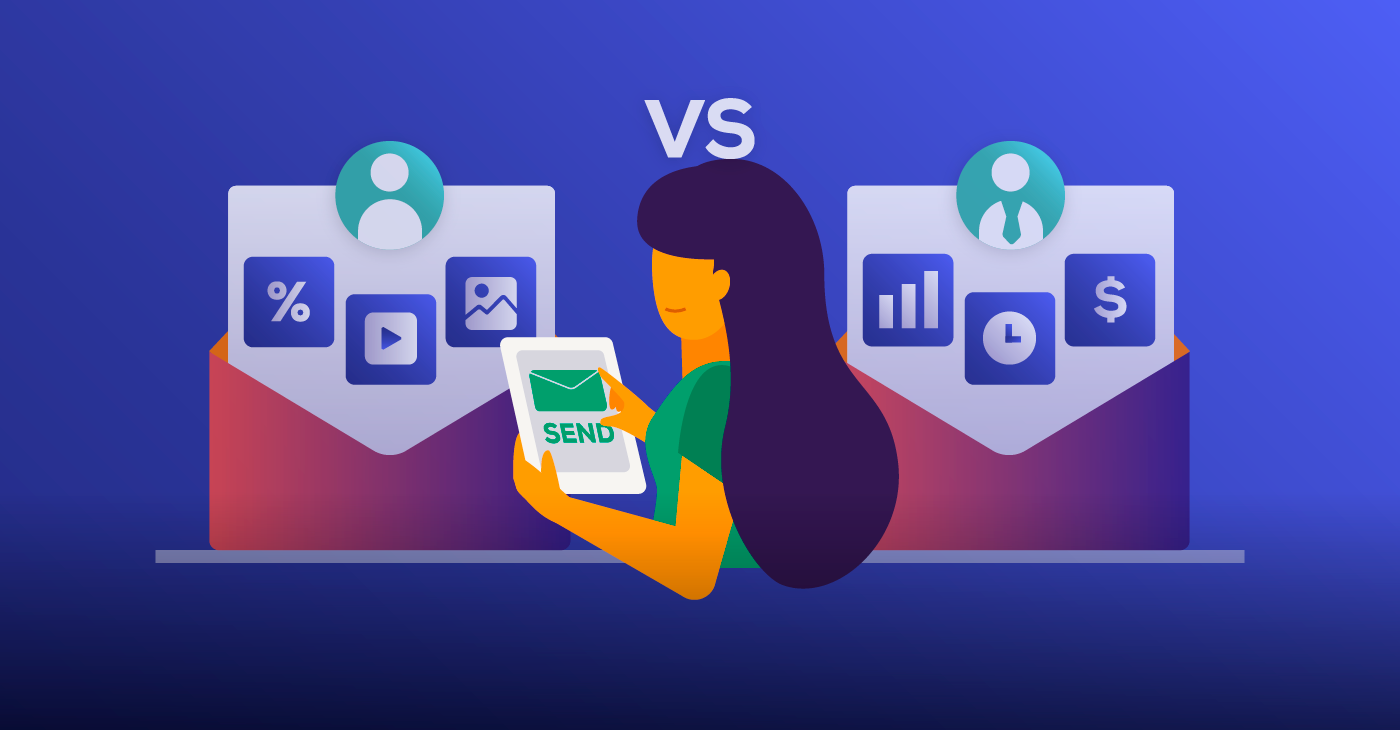Internet Television Services Slowly Encroach on Traditional Cable
December 14, 2011 3 min read


Competition Heats up in the Paid TV Business
Over the past two years, major cable companies have been reporting record losses in terms of revenue and subscribers. These losses certainly are not the result of people watching less sitcoms, movies and talk shows. They are a reflection of how times have changed and how much the internet has impacted the paid TV industry. And while the acts of piracy and illegal streaming have been factors in the shift, there are plenty of legitimate internet-based competitors for the traditional television providers to be worried about.
In 2007, Apple came out with its Apple TV, an IPTV-based (Internet Protocol Television) service that delivers programming content to the viewer via a digital media receiver. Being such a bold step at the time of its arrival enabled this particular service to make Apple a pioneer in the paid internet TV sector. The continuous addition of new programming options has enabled it to survive. Apple TV users can enjoy movies and sports, make rental purchases from Netflix, and even view content from video sharing sites like Vimeo and YouTube. Despite claims of not wanting to enter the TV business, Apple looks to have a very sustainable alternative in its internet-powered television box.
When it’s all said and done, Google may be the biggest piece of the internet TV puzzle. Seemingly motivated by the luscious oasis of advertising revenue, Google launched its Google TV in 2010. Though similar to Apple’s product, Google has added some elements that distance it from the competition. Built on the company’s flexible Android operating system, Google TV boasts a Linux-powered Chrome browser, picture-in-picture functionality and integration with Netflix and Dish Network, with HBO and CNBC being among the main content providers. As an added bonus, the consumer can use their Android or iPhone device as a remote control.
Despite mediocre reviews and a lukewarm response, there are plenty of reasons to view Google as a legitimate threat in the internet TV game. In fact, some of the traditional media players have been quite aggressive in refusing to support Google on its initiatives. ABC, CBS, NBC and Hulu (ironically, another company in the IPTV business) have all blocked out their programming from Google TV users. Meanwhile, more companies are gearing up to join Apple and Google in the internet television sector to give the traditional players an even bigger run for their money.
Reliability a Factor
The appeal to IPTV and internet TV technology in general is all in the possibilities. Interactivity with browsers, media players and other apps can create experiences that customers migrating over from conventional services will absolutely cherish. Internet TV definitely appears to be on the rise, but the old industry does have one thing on its side, and that is a longstanding history of reliability. Cable experiences little to no downtime, and satellite has been steadily improving. Though attractive, what the internet has to offer is unproven to the average consumer.
With companies like Dish Network actually indulging in IPTV, it could only be a matter of time before internet television becomes a regular fixture in the world of paid programming. Those putting up resistance may just be delaying the inevitable.




